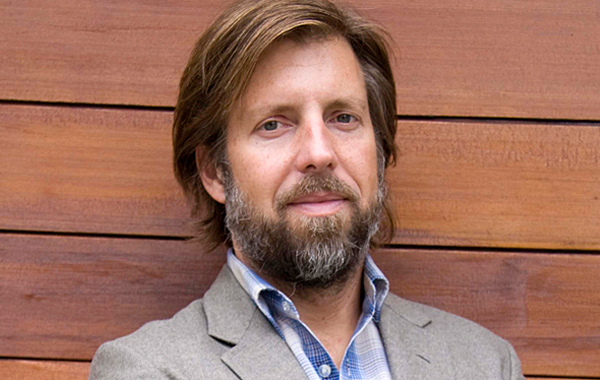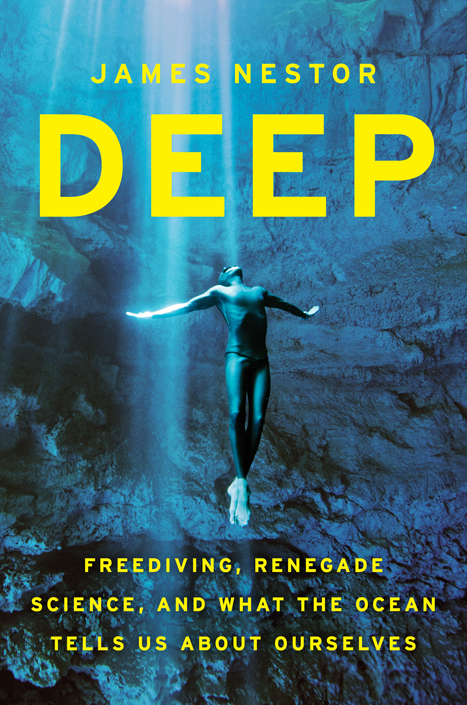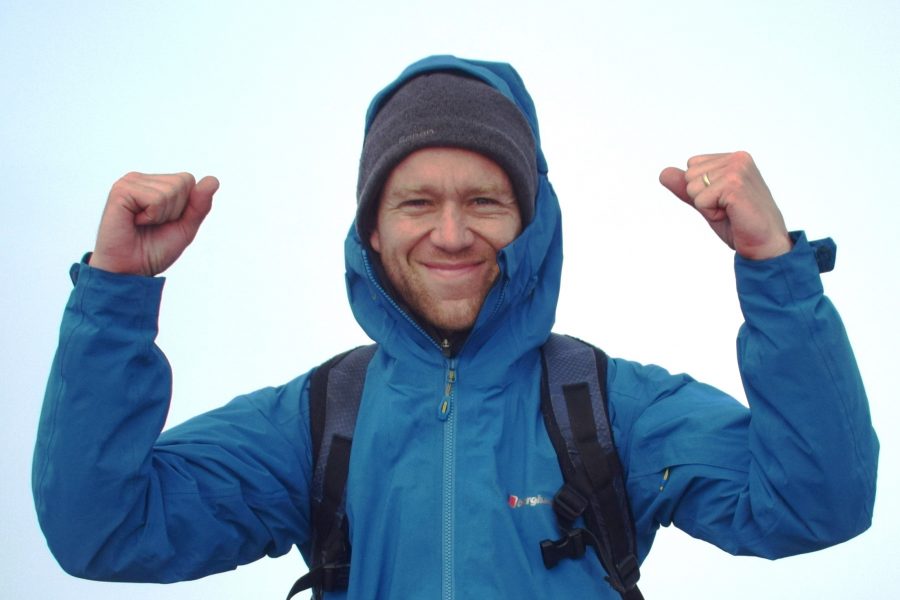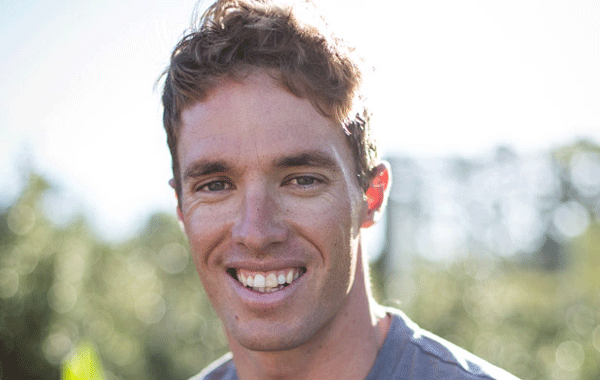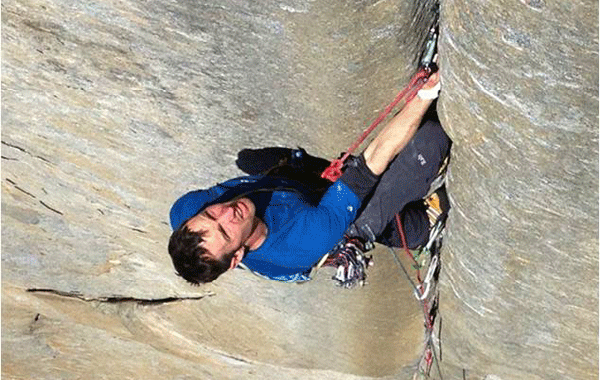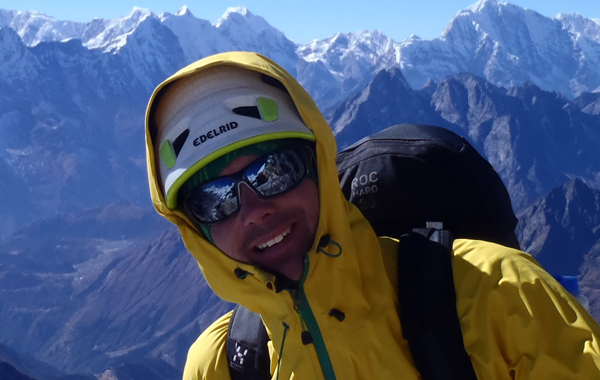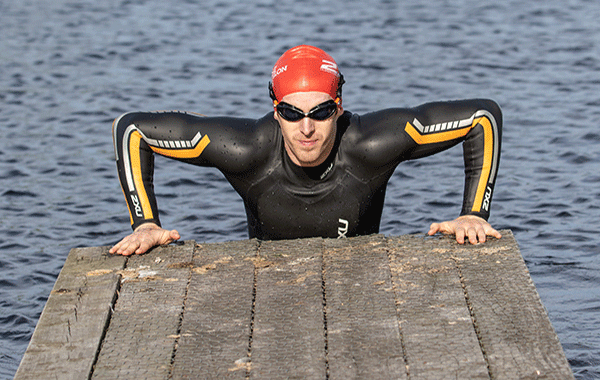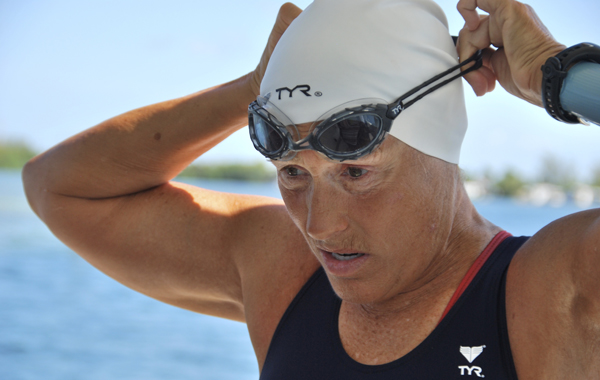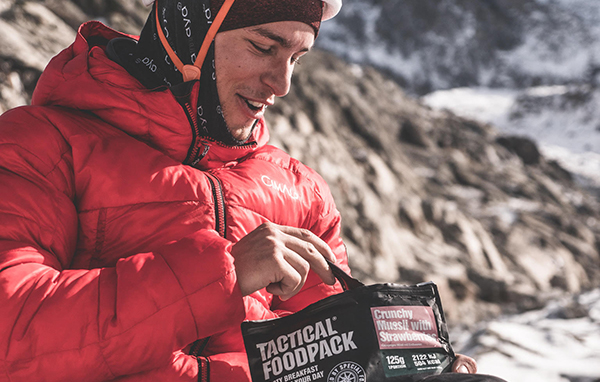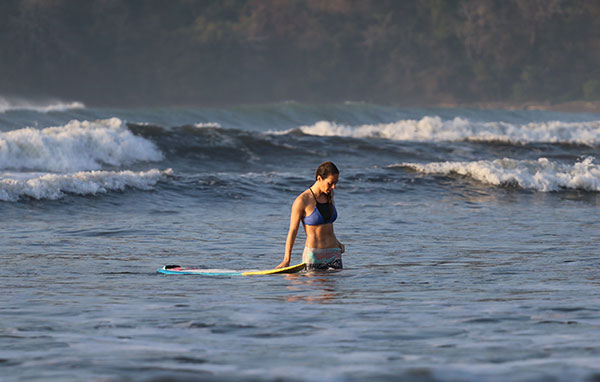JAMES NESTOR has written for publications such as Outside, Men’s Journal and the New York Times on all aspects of extreme activities.
An inveterate adventurer, Nestor joined a doomed surfing expedition to Norway and Russia for Outside Magazine in 2009, in which he and his team became the first to ride the breaks of the Arctic Circle. He has travelled extensively in Central America and the South Pacific, and lived for a short time with Vanuatuan yam farmers who worshipped the US Army.
Here he speaks to us on his philosophy of life and gives some inside information on his latest book, DEEP.
What is your background in the world of extreme sports and nature’s challenges?
I’ve never sought out extreme activities, if you can call them that; I mostly just happened upon them. I’m curious by nature and love to travel off the beaten path. Oftentimes that path leads to some pretty wild places and pretty wild experiences. For instance, I’ve surfed for a long time in California, so when, in 2009, I got a chance to surf in the Arctic Circle, and to write about it, I just thought, why not? With freediving, I was sent by Outside magazine to cover an event in Greece. I had never seen anyone freedive before, and certainly didn’t know much about it. What I saw blew my mind. I’ve got to do it, I told myself. And I did. And it really changed my perspective about the ocean… and everything else.
What can readers expect from DEEP?
We were ocean animals before we became land animals, and we still hold so much of the ocean within us. We’re really meant to be down there. The goal with DEEP was to have readers learn as much about themselves, their own hidden abilities, reflexes, and sixth senses they share with oceanic animals as they do about the ocean. I tried to write a mirror into every page, so that readers would come away looking at themselves differently when they closed the book. There’s so much more we’re capable of physically, mentally psychically. We’ve forgotten that in the last few hundred years of pushing papers in front of a desk. We’ve forgotten our true potential.
What themes are constant in your writing?
Somehow, in some way, I seem to always focus on some angle of human potential; those amazing men and women who challenged the masses, scientists, or social norms to do something that was otherwise considered impossible. You know, scientists in the 1950s told freedivers that they couldn’t dive below 100 feet and survive. They said human lungs would collapse below that depth. Today, freedivers dive to 100, 200, 300 even 700 feet on a single breath of air. Nobody thought this was possible because nobody checked. We all just assumed we didn’t have this ability until someone showed us otherwise. Stories like this, at least for me, just expand my own previously held notions of what’s possible. They inspire and remind us that we’re not robots.
What are the influences that have inspired you to write about adventure and sporting conquests?
I’ll take any excuse to hang out with fascinating people doing fascinating stuff in fascinating locations around the world. Luckily, I make my living doing that, and I’m very grateful to have that opportunity. I love being exposed to new things, new ways of thinking and living. Adventure isn’t about booking a trip and knowing where you’re going to be, with whom, and what you’re doing every hour of every day – it’s an exploration of the unknown. It’s enjoying the fact that everything is out of your control and learning how to go with the flow.
What advice would you give to young people who aspire to live some of the adventures you have written about?
I met an 86-year-old surfer a few years back. I asked him how he’s able to do what he does. He told me that ever since he survived World War II, he has accepted every day as a gift. He doesn’t take his life for granted; he celebrates it, and he celebrates it every day. I think we can learn a lot from this kind of thinking. Today, it seems, so many people are more obsessed about documenting every experience they’re having that they no longer are having a genuine experience. They are detached from the very activity they are celebrating. That’s lame. Something I do at home often, and certainly do every time I travel, is turn off my phone, turn off my computer, leave my notepad at home or in the hotel, and just go out once a day and soak in everything that’s around. You know, be present in that moment, no matter what it is you’re doing. It’s eye-opening.
What are your plans for the future and are there any more books in the pipeline?
I’ve got a few ideas, but after DEEP promo tour I promised myself that I’d log off for a month or so and reset the clock. I’ve got to practice what I preach after all! Then I want to head up to the Himalayas and find these monks I heard about who sit outside on cold winter nights and meditate so deeply that they melt a circle in the snow. These guys understand the limitless potential of the human body, and they’ve understood it for thousands of years. Plus, there’s is no cellphone reception up there, and that, of course, is always a big plus.

